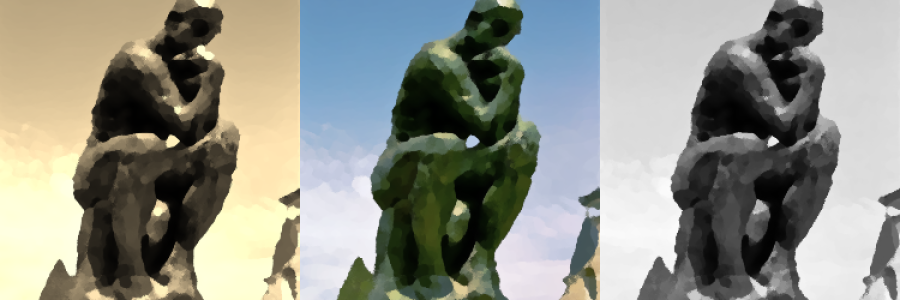The Thinking Christian – November/December 2024 FrontLine
Body
“Paul affirms the significance of our topic when he prays for the saints in Philippi. ‘And this I pray, that your love may abound yet more and more in knowledge and in all judgment [the ability to perceive and discern]; that ye may approve [a testing process] things that are excellent’ ” - P&D


Discussion